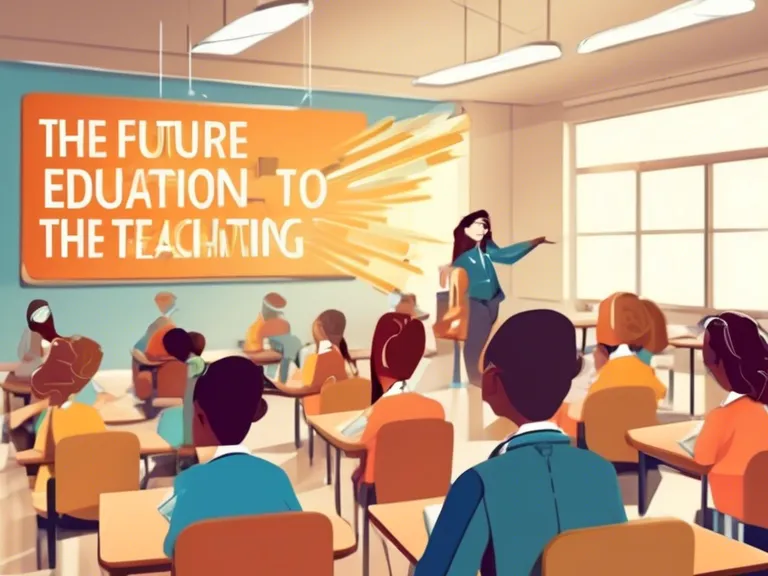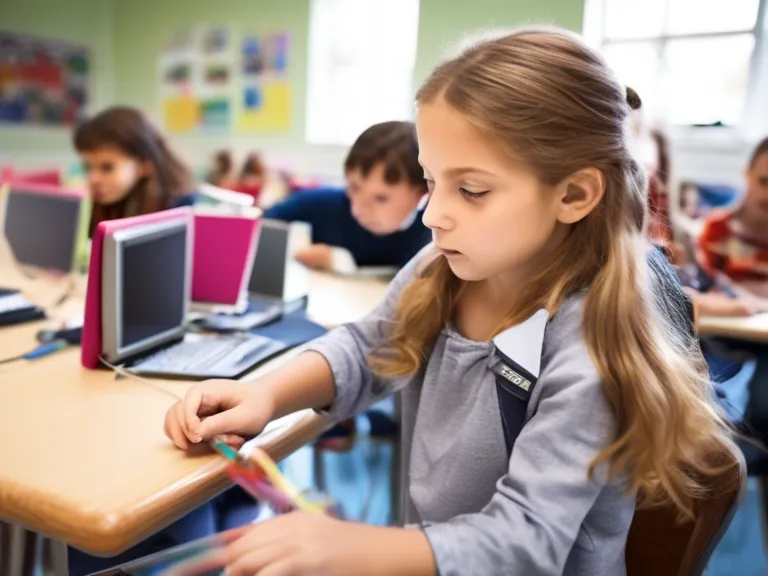
In today's rapidly evolving world, the education sector is facing unprecedented challenges and opportunities. With technology advancing at an exponential pace and new teaching methodologies emerging, educators need to adapt quickly to cater to the needs of the future generation of learners. The future of education lies in embracing fast-paced changes in teaching and learning, optimizing the use of technology, and fostering creativity and critical thinking skills.
One of the key aspects shaping the future of education is the integration of technology in the classroom. With the rise of e-learning platforms, virtual classrooms, and interactive whiteboards, teachers have a wealth of tools at their disposal to enhance the learning experience for students. Not only does technology make learning more engaging and interactive, but it also enables personalized learning experiences tailored to individual student needs.
Another important trend in education is the shift towards a more collaborative and project-based learning approach. Rather than traditional lecture-style teaching, educators are increasingly adopting a hands-on approach that encourages students to work together on real-world projects. This not only helps students develop essential teamwork and problem-solving skills but also prepares them for the dynamic and ever-changing workforce of the future.
Furthermore, the future of education will also see a greater emphasis on developing creativity, critical thinking, and adaptability skills. As automation continues to reshape the job market, it is imperative for students to acquire soft skills that cannot be automated. By fostering a culture of innovation and encouraging students to think outside the box, educators can help prepare them for the challenges and opportunities that lie ahead.
In conclusion, the future of education is all about adapting to fast-paced changes in teaching and learning. By embracing technology, promoting collaborative learning, and nurturing creativity and critical thinking skills, educators can equip students with the tools they need to succeed in an increasingly complex and interconnected world.


